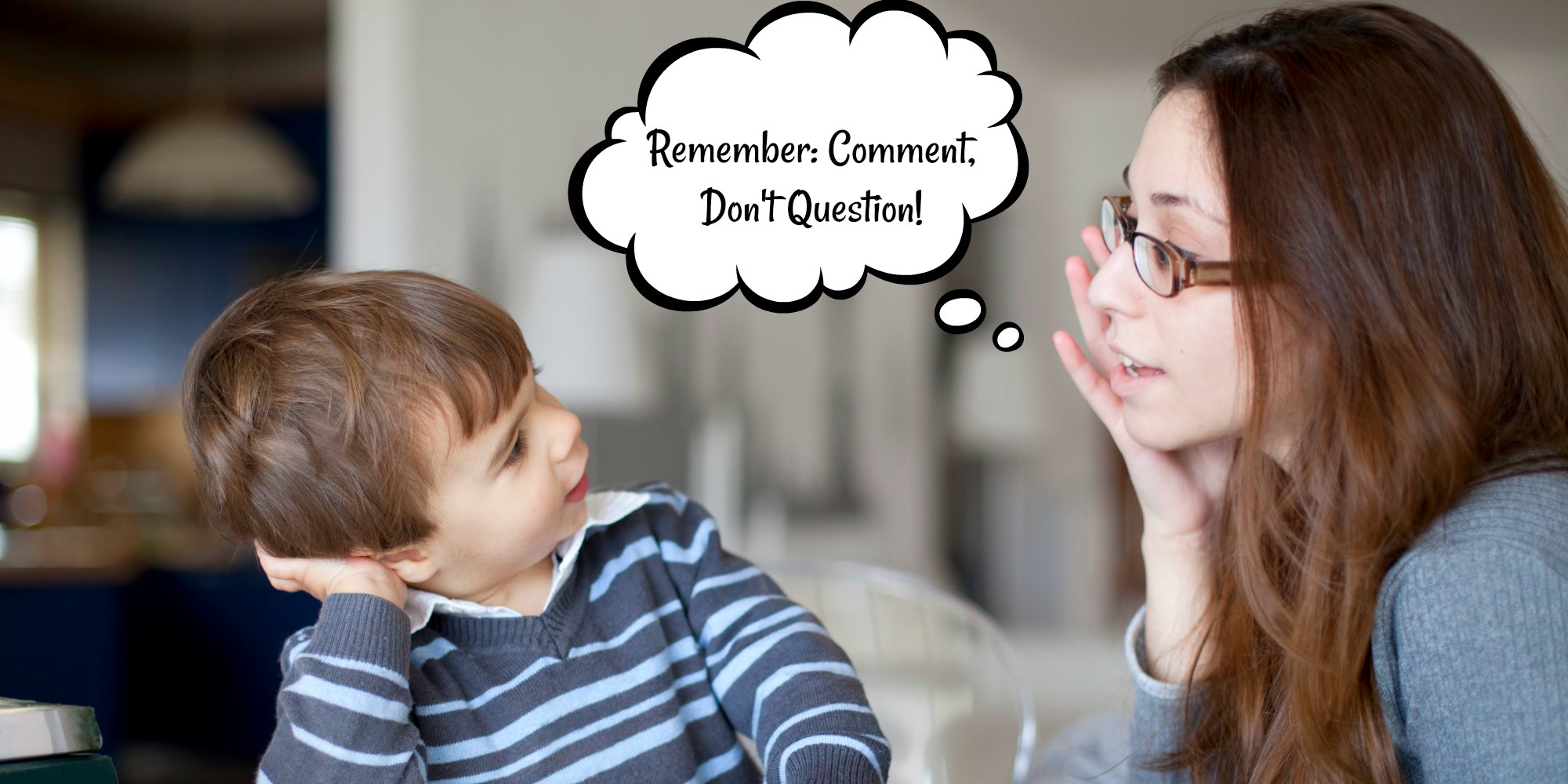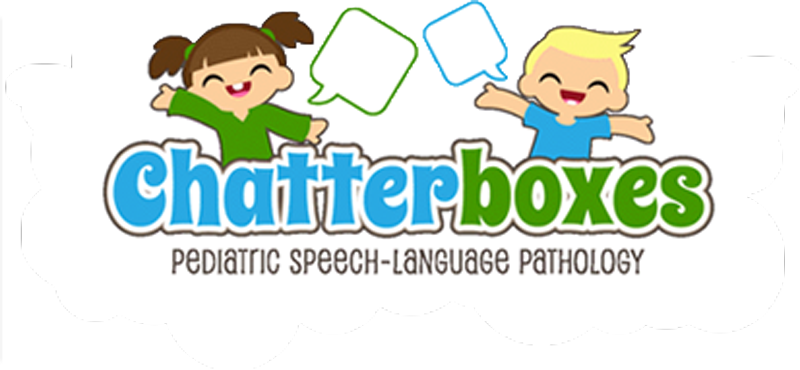
Children with CAS tend to communicate more easily when there is less communication pressure. You might try these techniques-
- Comment, Don’t Question– Make more comments in conversation than questions. When you ask a question, it is demanding that the child responds right away and with particular information. Only ask questions when necessary.
- Go with the Flow– Reduce the frequency of asking the child to repeat something he has said, as this can lead to increased frustration and communication breakdown. When you do not understand what your child has said, it’s OK to “go with the flow” and make a general comment (e.g., That’s cool!) to keep the interaction going.
- Focus on the Activity, Not the Words– Make comments that are related to the activity you are engaging in with the child instead of aspects of the child’s speech. For instance, while playing with dolls, you might say, “Oh no the baby’s crying,” or “She’s sleepy” rather than “Nice job talking,” or “You had a hard time saying that.”
- Turn off the Spotlight– Avoid putting your child on the spot when greeting other people. For example, telling your child to say “Hi” or “Good morning” to someone can be a very demanding task with which your child may have difficulty, resulting in communication breakdown. Avoid putting your child on the spot in front of an audience by asking him to tell other people about something (e.g., Tell Sarah about your birthday party, Tell James what you did at school).
- Turn up the Fun– Try not to focus on “getting your child to talk” and rather focus and having fun with your child in conversation and play.
- Talk About Their Interests- Talk about Sophie the First, or Cement Trucks, keep the topics centered around what is interesting to him. When you do so, your child may be more likely to make a comment. Just as adults enjoy talking about particular subjects, oftentimes so do children.
- Get Silly– Make conversation fun and light-hearted and maybe even silly, as this can reduce tension and create a more relaxed atmosphere, thereby increasing the likelihood of your child participating in conversation.
For more information on our Evaluations & Therapy, or to schedule a visit for your child, visit www.TeamChatterboxes.com

